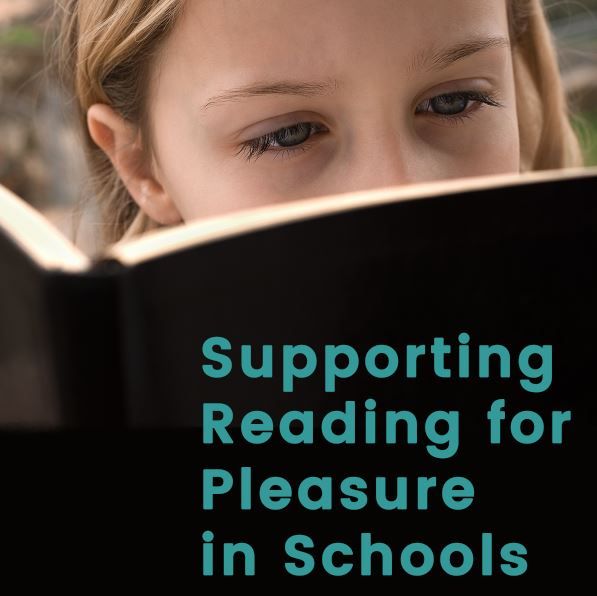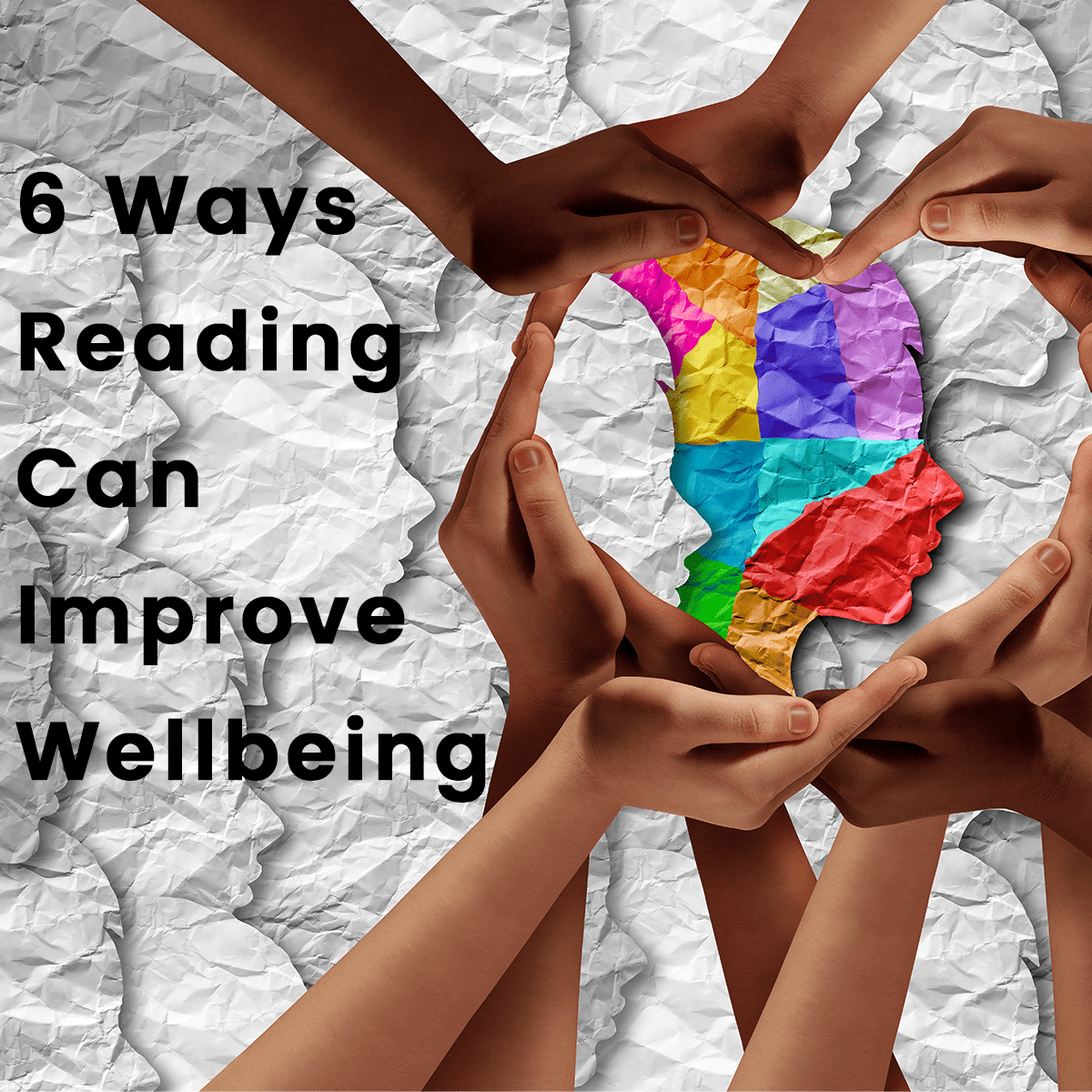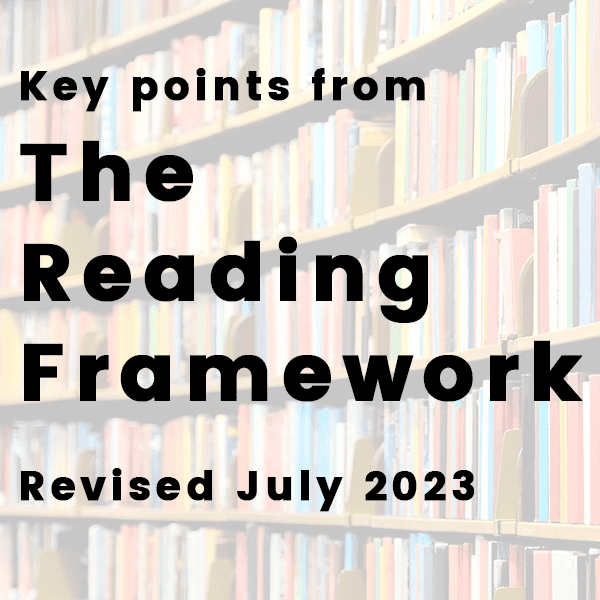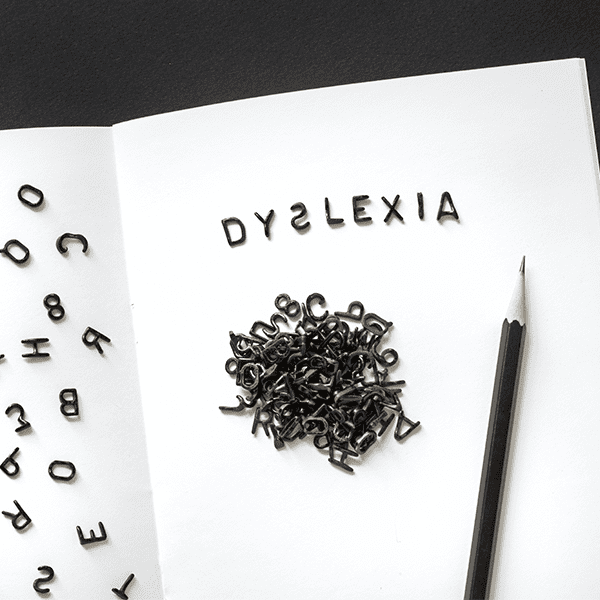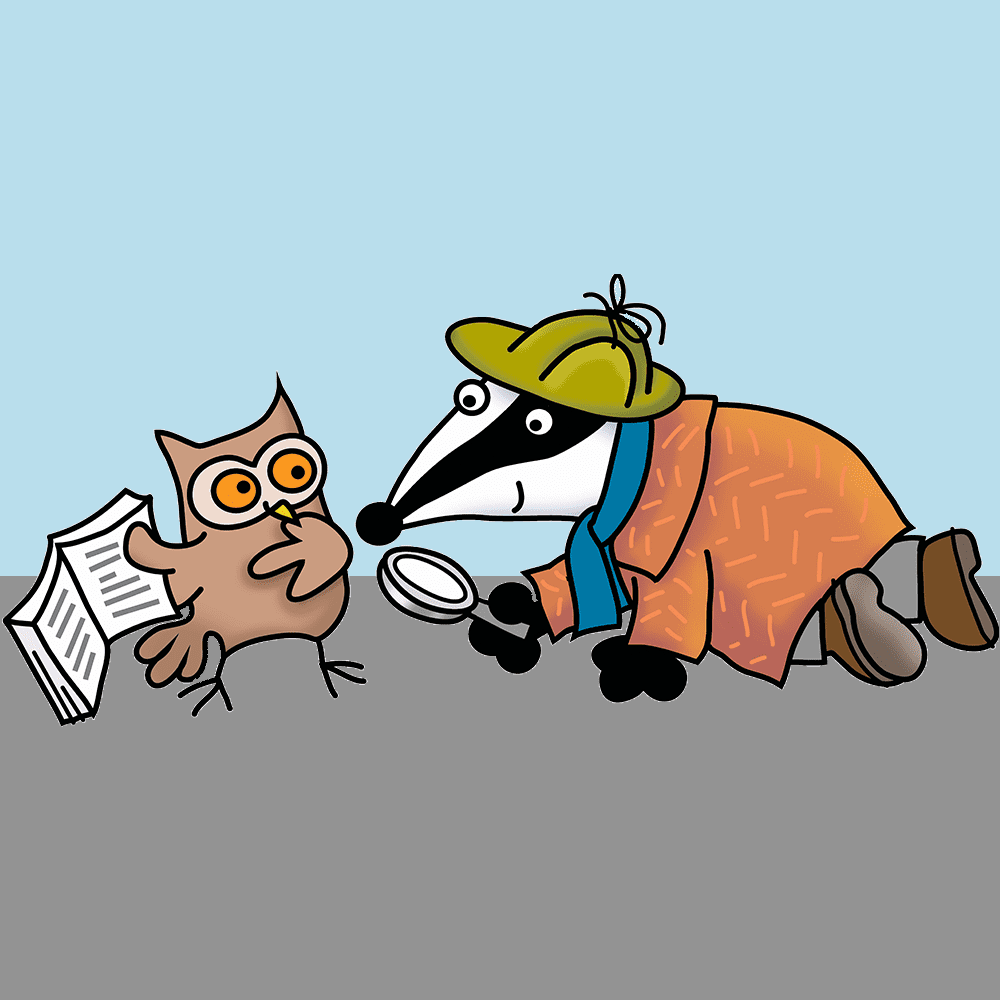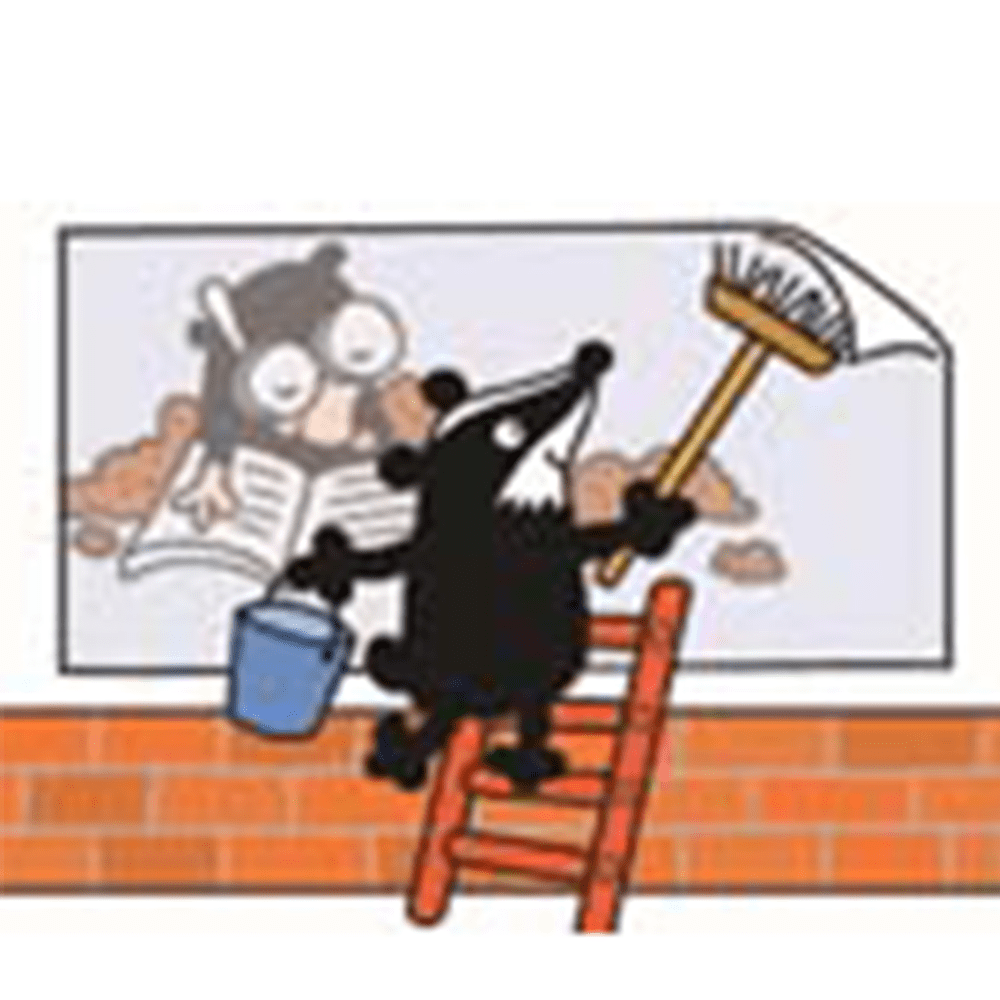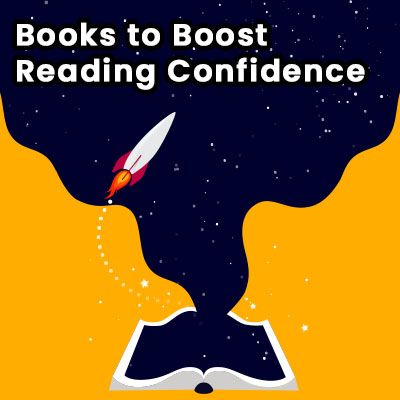Secondary Schools
-
Posted on: Feb 07, 2024
Developing a reading-for-pleasure culture in our school communities requires more than encouraging children to pick up a book and read right now. While this is a fantastic and worthwhile starting point, the ripple effect of nurturing avid readers who choose to read, rather than read because they are told to, goes far beyond the here and now so a whole-school approach is most likely to be successful.
Children who read for fun are more likely to be happy and successful in life. (The Reading Agency, 2023)
The benefits of reading for pleasure for children (and adults!) are widely heralded and strongly supported by extensive studies, compelling statistics, and irrefutable research...
-
Posted on: Jan 30, 2024
In 2023, 1 in 5 eight to sixteen-year-olds were identified as having a probable mental disorder.
(Mental Health of Children and Young People in England, 2023 — wave 4 follow up to the 2017 survey — NHS Digital)
Despite these concerning figures, mental health is still not given the attention it deserves. Just over one in three children and young people with a diagnosed mental health condition get access to NHS care and treatment, leaving the majority with little to no support.
Teachers and librarians can play a pivotal role in aiding young people experiencing mental health difficulties, especially because reading literature can be an effective tool to support and improve mental health.
-
Posted on: Sep 27, 2023
The government’s Reading Framework first published in 2021 has now been updated. A considerable amount of new information has been provided in the 2023 update. The document originally focused on Reception and key stage one, but now contains advice for developing reading in key stage 2 and 3. The introduction to the document states that its key objective is “to help schools to meet the expectations set out in the Early Years Foundation Stage (EYFS) statutory framework and the national curriculum.” At over 170 pages long, it is a lengthy read containing detailed advice divided into thirteen sections. The following overview highlights its key content and implications for the teaching of reading, together with just the right books to help you meet these new requirements.
&
-
Posted on: Sep 15, 2023
Dyslexia is a common learning difficulty that affects around 10% of the population in the UK, which is an estimated 970,000 school-aged children. Approximately 70–80% of these students have difficulty with reading, writing and spelling.
In secondary school, the increased demands of learning can make it challenging for dyslexic students to succeed. These challenges may not only affect their academic performance but also their confidence and self-esteem. A survey conducted by the British Dyslexia Association found that almost half (49%) of young people with dyslexia in the UK reported having low confidence in their abilities at school.
A study by the British Dyslexia Association found that dyslexic students are twice as likely to leave school without qualifications. However, a study by the University of Oxford found that dyslexic students who receive appropriate support are just as likely to succeed in school as their non-dyslexic peers.
These studies show that it i
-
Posted on: Mar 09, 2023
Why is reading in Year 7 important?
Moving from primary school to secondary is a huge change for eleven-year-olds. It is also a pivotal moment in defining their reading habits. With the beginning of secondary school comes new distractions and motivating students to read can become challenging.
Fostering a love of reading has a huge impact on students’ progress and overall socio-economic success in life. The Reading Agency states that “children who read books often at age 10 and more than once a week at age 16 gain higher results in maths, vocabulary and spelling tests at age 16 than those who read less regularly.” Reading regularly also helps concentration levels, improves writing skills, and expands vocabulary.
But it’s not just about providing students with the crucial ability to read in order to aid fut
-
Posted on: Mar 06, 2023
After laying the foundations of reading with phonics, nothing captures the attention of a newly independent reader more than the lure of a great book. Making sure the very best books make it into your pupils’ hands will not only benefit them, it will also make your job of inspiring young readers and boosting progress in reading much easier.
Making informed choices about the books you use in English lessons and fill your library shelves with will also help you to answer questions that might come up in your next Ofsted deep dive. Whilst the DfE Reading Framework emphasises the importance of ensuring children are given high-quality texts, there is little guidance on what a high-quality text looks like or how the calibre of a text can be recognised and measured. Being able to identify quality literature will ensure children are exposed to the very best, most current fiction, including titles that reflect modern society and represent more diverse authors, rather than relying on a stagnant d
-
Posted on: Jan 18, 2023
This year we are excited to launch our very own Badger Book Awards, designed to encourage reading for pleasure and champion incredible books. We’ve shortlisted fifty titles from 2022, splitting them into the top 10 titles for Years 7 to 11.
Each vote submitted gives you a chance to win £500 worth of books for your secondary school! The author of each winning category will also be given £500 worth of books to donate to a UK school of their choice.
VOTING ENDS SOON! 3Oth June 2023
-
Posted on: Feb 14, 2022
Posters can brighten up any library space as they capture the attention and enable discussion, which in turn encourages students to visit. When used as part of a wider library or classroom display, posters have the power not only to promote specific books but to introduce students to new subjects and concepts, encouraging them to think deeply, investigate widely and broaden their horizons.
Posters are perfect for all your students but especially reluctant and struggling readers. They are visually engaging with clear and concise information so the material can be absorbed quickly, even at a glance. Whether it be a quote, a scientific principle or a profile of a popstar, posters can motivate and focus students in a way that other learning aids may not.
When 65% of people worldwide find visual learning more effective it is crucial to use images and graphics to impart information within schools. Posters are one of the best (and easiest) ways to effectively achieve this in a
-
Posted on: Jun 09, 2021
A study conducted by Renaissance Learning in 2020 showed that 63% of teachers expected that lockdown — and all the limitations that come with it — would increase the existing attainment gap for disadvantaged students. Perhaps more alarmingly, over a third of teachers indicated that they did not feel their school was prepared to measure, and subsequently act on, those attainment differences upon returning to the classroom.
Filling gaps will no doubt be an ongoing priority for teachers as we navigate a post-lockdown landscape, with key areas of learning taking priority in the mission to catch up. Few areas are more key than literacy, and we know it is going to be a race against time to try and accelerate some students back up to the level of their peers, to reinforce the key skills that will enable them to access the rest of the curriculum. To that end, we wanted to highlight some of our best ‘reading for pleasure’ resources to provide as clear a path as possible — particularly at the al
-
Posted on: Sep 24, 2020
Welcome Back
It’s fantastic to see children back in school after so long a break, and we know how hard staff have had to work to implement all the new (and changing) procedures to get to this stage.
Here at Badger Learning we have been working on updating our products to make sure we have what you need to ensure children are supported in their reading journey and with their wellbeing. We know that the pandemic has put a huge strain on some children’s mental health and wellbeing and as much as we hope that will all be eased now they are back at school, some will need additional resources. Primary teachers may want to take a look at our PSHE Through Stories Collection. For secondary schools, our Minding Your Mental Health and Supporting Your

